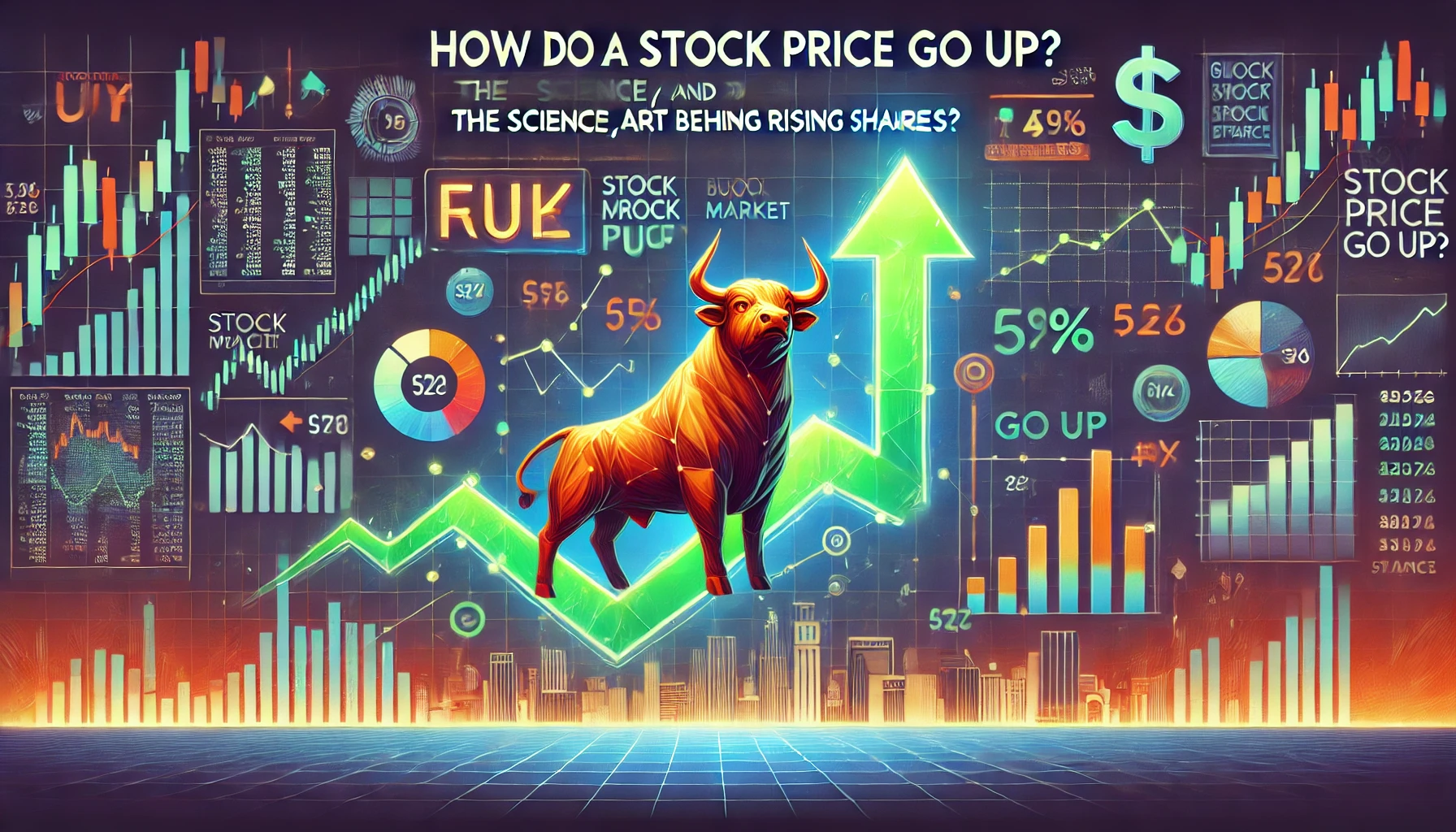Debate
Gravitic Propulsion Systems: Dimensions and Future Possibilities
Gravity binds us—to Earth, to rockets, to the glacial pace of chemical propulsion. Yet buried in Einstein’s equations lies a loophole: spacetime itself is a machine. Gravitic propulsion, once dismissed as fiction, now emerges as the defining challenge of 21st-century physics. Forget engines. Imagine engineering reality—crafting fields that compress distances, negate inertia, or harness dark energy’s push. … Read more
Bloodbath in Bitcoin: The Storm Behind the Crypto Market Crash
In recent years, the cryptocurrency market has witnessed dramatic shifts, with sudden downturns that have left investors and analysts scrambling for answers. This blog delves into the complex interplay of factors behind these market crashes—from stringent regulatory measures and global economic uncertainties to shifts in investor sentiment and instances of market manipulation. By unpacking these … Read more
Moore’s Law at 60: Beyond Transistors, Toward a New Era of Computing
For six decades, Moore’s Law—the observation that the number of transistors on a microchip doubles every two years—has been the North Star of technological progress. Coined by Intel co-founder Gordon Moore in 1965, it fueled the digital revolution, enabling everything from smartphones to artificial intelligence. But as we approach the physical limits of silicon, a … Read more
Why the Stock Market Doesn’t Reflect the True Economy: A Comprehensive Analysis
The stock market is often perceived as a reflection of the economy’s health, but this is a flawed assumption. While a rising market suggests economic prosperity, and a falling market signals trouble, real economic conditions often tell a different story. Stock markets do not account for unemployment, wage stagnation, small business struggles, or wealth inequality—key … Read more






